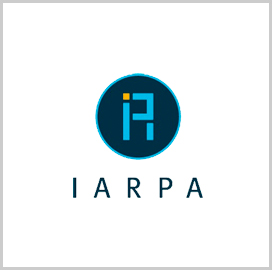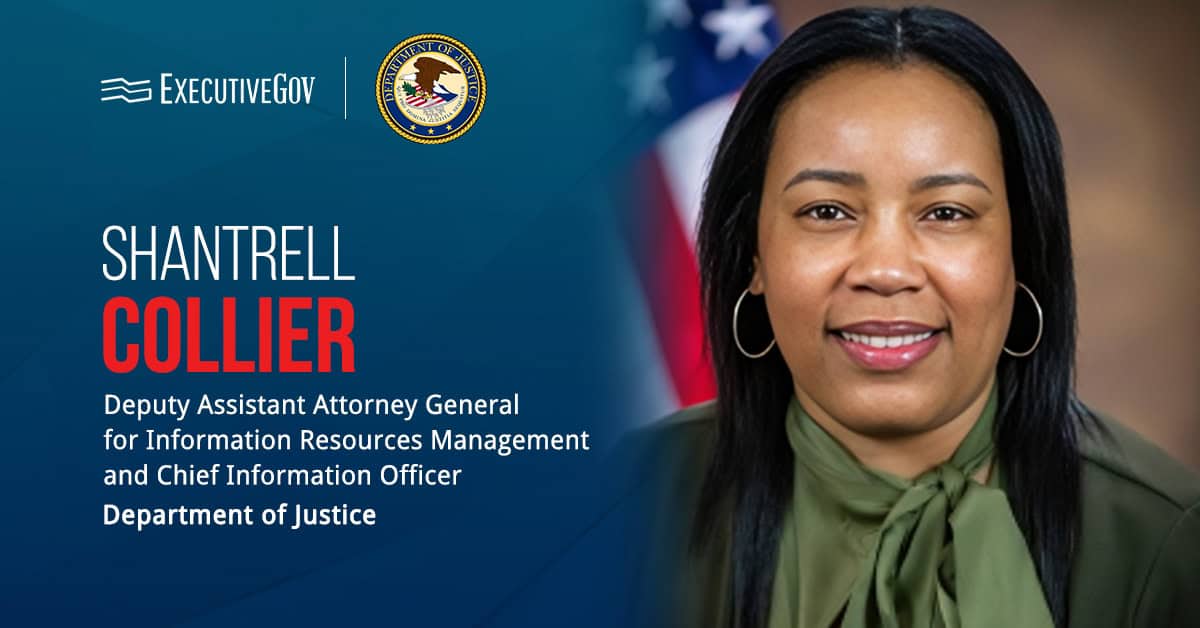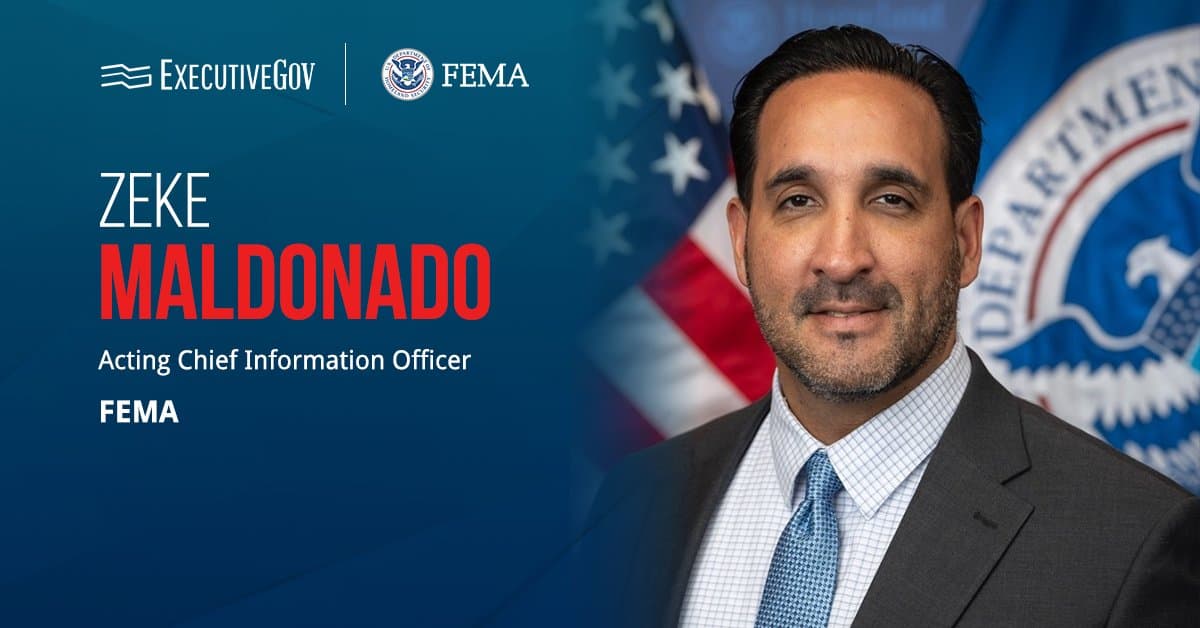The Intelligence Advanced Research Projects Activity has selected four teams to participate in a new foundational research program to demonstrate universal fault-tolerant quantum computing — also known as UFTQC — that can be used in applications relevant to the intelligence community.
ETH Zurich, Harvard University, the University of Innsbruck and the University of Sydney have received contracts to conduct foundational research under the Entangled Logical Qubits, or ELQ, program, IARPA said Thursday.
ELQ aims to demonstrate the complexities of preserving error correction and fault tolerance in operations between logical qubits to realize UFTQC, which has the potential to outperform classical computing in certain cases.
“IARPA’s previous quantum programs showed that the fundamentals behind UFTQC work in practice, and now we are taking the next significant step toward a UFTQC future through ELQ and its success,” said ELQ Program Manager Michael Di Rosa.
The Air Force Research Laboratory, Johns Hopkins University Applied Physics Laboratory and Sandia National Laboratories will provide test and evaluation services for the program.





